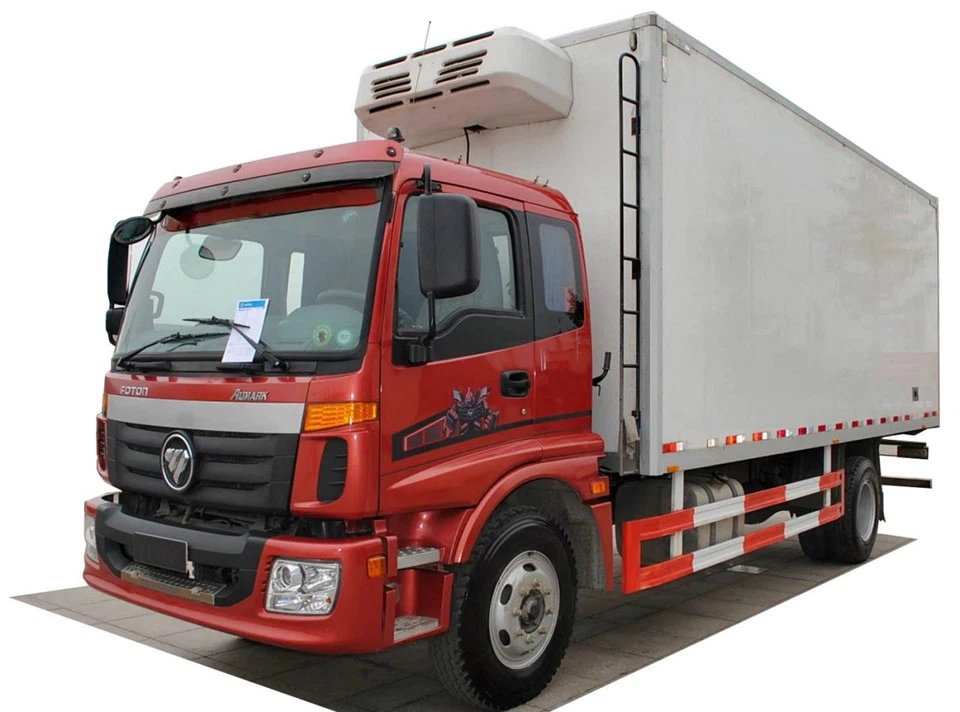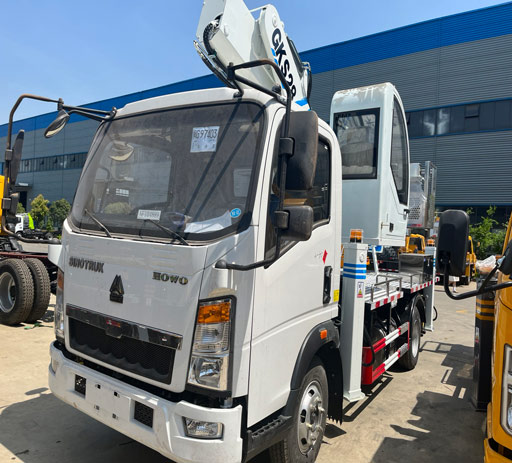Choosing the Right Truck for Trash Disposal

When it comes to waste management, having the right truck for trash collection and disposal is crucial. Whether you’re a municipal service provider, a construction company, or a homeowner with significant debris, a truck designed for trash transport can streamline the process and enhance efficiency. In this article, we’ll explore the different types of trucks suitable for trash collection, their features, benefits, and important considerations to keep in mind when selecting the perfect vehicle for your needs.
Types of Trucks for Trash Disposal
1. Garbage Trucks
Garbage trucks are specifically designed for the collection and transportation of waste. They come in various sizes and configurations, catering to both residential and commercial needs.
Standard Garbage Trucks
These are the most common type, often seen in local neighborhoods. They typically have a rear-loading mechanism where collectors throw waste directly into the back.
Front-Loader Trucks
Used primarily in commercial waste collection, front-loader garbage trucks pick up large dumpsters situated at businesses and construction sites. They are equipped with a hydraulic lift system for easy loading.
Side-Loader Trucks
Side-loaders are ideal for narrow streets or heavy residential areas. They can mechanically lift trash bins from the side, reducing the need for workers to move around the truck.

2. Dump Trucks
Dump trucks are versatile vehicles used for transporting bulk materials, including construction debris and other waste. Their ability to tilt the bed allows for easy unloading.
Standard Dump Trucks
These trucks are great for larger projects where bulk waste must be loaded and removed. They come in various sizes and capacities.
Transfer Dump Trucks
This type is designed to transport trash from one location to another, often from smaller collection vehicles to a landfill or transfer station.
3. Roll-Off Trucks
Roll-off trucks are equipped with a specialized container system for large loads. These trucks have a flatbed and can drop off or pick up containers as needed.
Container Options
Roll-off containers come in various sizes, typically ranging from 10 to 40 yards, making them suitable for different types of projects, from residential cleanouts to large-scale construction.
4. Refuse Collection Trucks
These trucks often feature advanced technologies for efficient waste separation, making them ideal for areas focusing on recycling and reducing landfill use.
Key Features to Consider in a Trash Truck
1. Capacity
Choosing the right capacity is essential. Smaller trucks may suffice for residential use, while larger trucks are required for commercial or industrial applications. Evaluate the type of waste and the frequency of collection.
2. Fuel Efficiency
With rising fuel costs, selecting a truck that offers good fuel efficiency can significantly reduce operational costs. Look for newer models equipped with fuel-saving technologies.
3. Maneuverability
Especially crucial for urban collections, a truck’s ability to turn tight corners and navigate through narrow streets can impact service efficiency.
4. Safety Features
Safety should never be compromised. Look for features such as backup cameras, rear sensors, and stability control systems to protect workers and the public.
5. Maintenance Requirements
Select a model that is known for reliability and low maintenance costs. This can lead to savings in both time and money over the lifespan of the truck.
6. Environmental Impact
Consider trucks with lower emissions and those designed for alternative fuel sources. Regulatory pressures are increasing, and having eco-friendly trucks can benefit your operation in the long run.
Benefits of Using Specialized Trucks for Trash
1. Increased Efficiency
Specialized trucks designed for trash collection can expedite the waste management process, reducing time spent on pickups and increasing overall productivity.
2. Enhanced Safety
Trucks designed with safety in mind protect both the waste collectors and the community. Improved visibility and operational features reduce the risk of accidents.
3. Waste Diversion
Many newer models come equipped with features that help separate recyclables and compost from non-recyclables, thus supporting sustainability efforts.
4. Cost Savings
While the upfront cost may be significant, specialized trucks often lead to lower maintenance and fuel costs, making them a sound investment over time.
How to Choose the Right Truck for Your Needs
1. Assess Your Requirements
Analyze the volume and type of waste you regularly manage. This information is critical for determining the capacity and type of truck that suits your operations.
2. Budget Considerations
Understand the full financial commitment, including purchase price, fuel, maintenance, and insurance. Consider potential financing options and depreciation rates.
3. Consult with Experts
Sourcing advice from industry professionals can provide insights into which makes and models work best in real-life applications, especially for specialized needs.
4. Test Drive
Before making a final decision, if possible, take the truck for a test drive. Evaluate its handling, comfort, and overall user experience.
Real-World Examples of Trash Trucks in Action

1. Urban Waste Management
In cities like New York, side-loader trucks are integral for collecting trash in densely populated areas. Their ability to operate without leaving the vehicle significantly improves efficiency.

2. Construction Sites
In the construction industry, roll-off trucks are commonly used to manage debris effectively. They provide the flexibility needed for timely pickup after heavy demolition work.
3. Community Cleanup Programs
Many municipalities run community cleanup programs using standard garbage trucks. These trucks allow community members to dispose of unwanted items without logistical hurdles.
Maintenance Tips for Trucks Used in Trash Collection
1. Regular Inspections
Hold scheduled inspections to identify and remedy potential issues before they turn into costly repairs. Focus on tires, brakes, and hydraulic systems.
2. Cleaning
Keep the truck clean, especially after disposing of waste. This practice helps in identifying wear and tear while ensuring no waste residues contribute to deterioration.
3. Monitor Fluid Levels
Regularly check engine oil, brake fluid, and coolant levels to ensure adequate performance and avoid breakdowns in the field.
4. Train Operators
Ensure that the truck operators are well-trained on its features and maintenance requirements. Proper operation can lead to fewer repairs and longer truck lifespan.
FAQs About Trucks for Trash
1. What type of truck is best for residential trash pickup?
A standard rear-loader garbage truck is typically best for residential areas, as it can easily collect from curbside bins.
2. How often should trucks for trash collection be maintained?
It is advisable to conduct maintenance checks every 3-6 months, but this can vary based on usage and operating conditions.
3. Are roll-off trucks more expensive than standard garbage trucks?
Typically, yes. Roll-off trucks have specialized equipment, which increases their price, but they offer greater flexibility for larger loads.
4. Can I use a dump truck for trash collection?
Yes, dump trucks can be used for transporting bulk waste. However, they may not be as efficient as specialized garbage trucks for regular trash collection.
5. What should I look for in a used truck for trash disposal?
Check for the truck’s condition, service history, cargo capacity, and whether it meets the current environmental regulations.
6. How do I ensure my trash truck complies with environmental laws?
Consult local regulations and consider purchasing trucks that meet emissions standards and have eco-friendly features to stay compliant.
